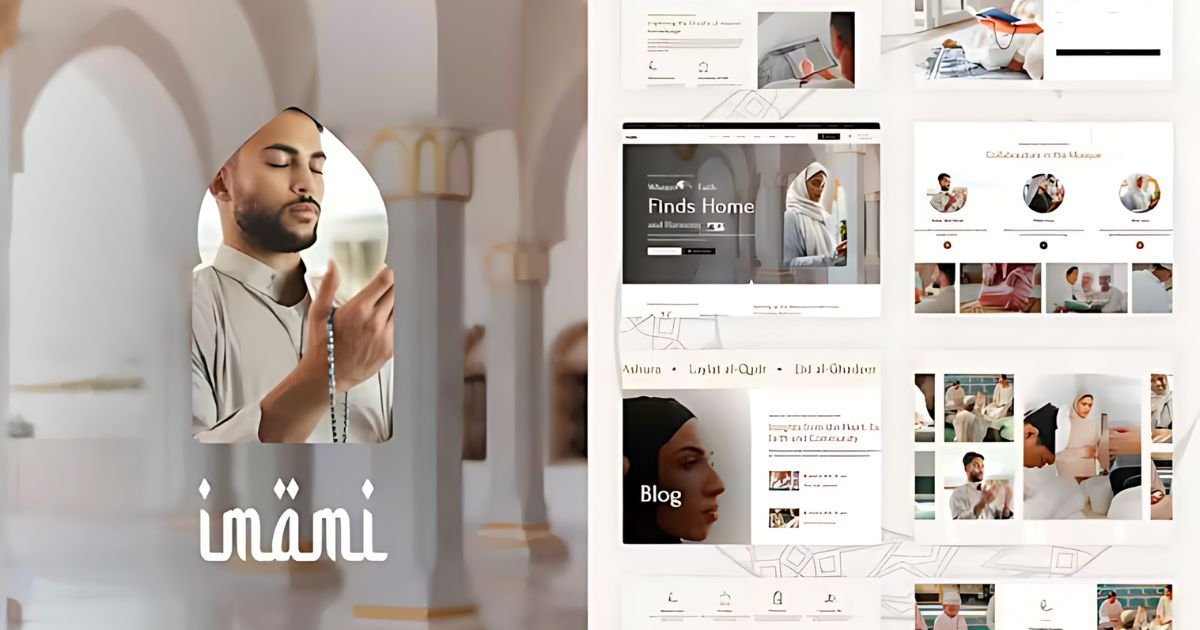Imami Islamic Center Mosque: A Beacon of Faith, Community, and Culture
In the heart of a vibrant urban landscape stands the Imami Islamic Center Mosque, a testament to the enduring spirit of faith and community. This architectural marvel serves not only as a place of worship but also as a cultural hub, educational centre, and Imami Islamic Center Mosque symbol of Islamic heritage. In this comprehensive exploration, we will delve into the various aspects of the Imami Islamic Center Mosque Imami Islamic Center Mosque, from its historical Imami Islamic Center Mosque roots to its contemporary significance.
Read More: Victoree Boxing School Martial Arts
The Foundation and History of Imami Islamic Center Mosque
The story of the Imami Islamic Center Mosque began in the early 1980s when a small group of Muslim immigrants recognized the need for a dedicated Imami Islamic Center Mosque place of worship and community gathering. What started as humble meetings in living rooms soon grew into a vision for a grand mosque that would serve generations to come.
Key Milestones in the Mosque’s History:
- 1982: Initial community meetings to discuss the need for a mosque
- 1985: Fundraising efforts begin in earnest
- 1988: Land acquisition for the mosque site
- 1990: Groundbreaking ceremony
- 1995: Completion of the main prayer hall
- 2000: Opening of the educational wing
- 2010: Major renovation and expansion project
- 2020: Celebration of 25 years of continuous service
The journey from concept to reality was challenging. Imami Islamic Center Mosque The founding members faced financial hurdles, zoning issues, and, at times, resistance from the local community. However, through perseverance, dialogue, and a commitment Imami Islamic Center Mosque to being good neighbours, the Imami Islamic Center Mosque eventually became a cherished part of the Imami Islamic Center Mosque local landscape.
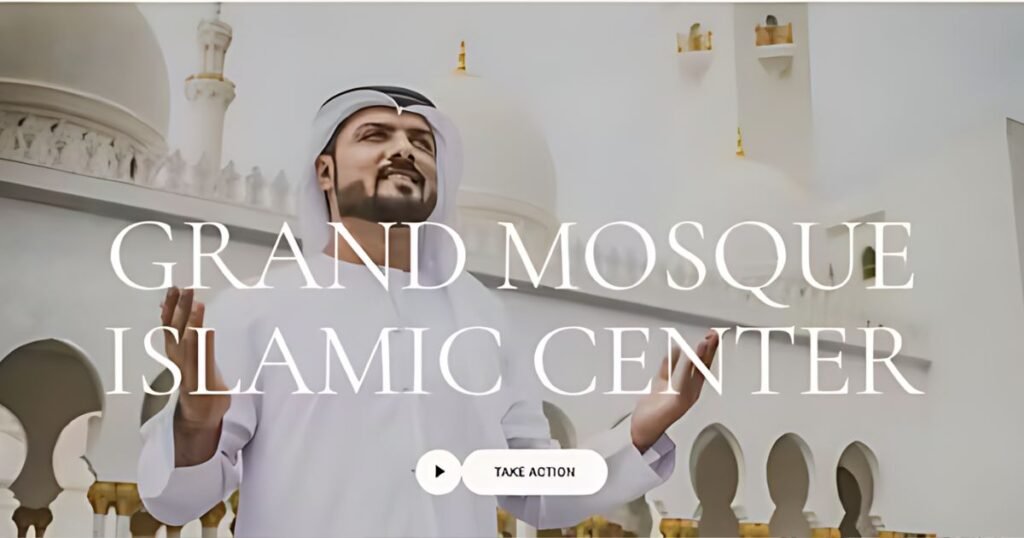
Architectural Marvel: Design and StructureImami Islamic Center Mosque
The Imami Islamic Center Mosque is a stunning blend of traditional Islamic architecture and modern design elements. Its most Imami Islamic Center Mosque striking feature is the central dome, Imami Islamic Center Mosque rising majestically above the prayer hall and visible from miles around.
Key Architectural Features Imami Islamic Center Mosque:
- Central Dome: Adorned with intricate calligraphy, the dome symbolizes the vault of heaven.
- Minarets: Two slender Imami Islamic Center Mosque minarets flank the main entrance, which were historically used for the call to prayer.
- Prayer Hall: A spacious area capable of accommodating over 1,000 worshippers.
- Mihrab: An ornate niche in the wall indicating Mecca’s direction.
- Minbar: An elevated pulpit from which the imam delivers sermons.
- Ablution Areas: Separate facilities for men and women to perform ritual cleansing before prayer.
- Community Hall: A multi-purpose space for events and gatherings.
- Educational Wing: Classrooms and a library for Islamic studies and community education.
The mosque’s design incorporates elements of sustainability, including energy-efficient lighting, solar panels, and a rainwater harvesting system. This blend of traditional aesthetics and modern eco-consciousness reflects the mosque’s commitment to stewardship of both faith and the environment.
Spiritual Haven: Religious Services and Practices Imami Islamic Center Mosque
At its core, the Imami Islamic Center Mosque serves as a place of worship, offering daily prayers, weekly congregational services, and special Imami Islamic Center Mosque observances throughout the Islamic calendar.
Regular Religious Services Imami Islamic Center:
- Daily Prayers: The mosque is open for all five daily prayers (Fajr, Dhuhr, Asr, Maghrib, and Isha).
- Friday Congregational Prayer (Jumu’ah): A weekly gathering featuring a sermon and communal prayer.
- Taraweeh Prayers: Special nightly prayers during the month of Ramadan.
- Eid Prayers: Large gatherings to celebrate Eid al-Fitr and Eid al-Adha.
Special Observances :
- Ramadan Programs: Nightly iftars Imami Islamic Center Mosque (breaking of the fast), lectures, and spiritual retreats.
- Ashura Commemorations: Observance of the martyrdom of Imam Hussein.
- Milad un-Nabi: Celebration of the Prophet Muhammad’s birthday.
- Laylat al-Qadr: Night vigils during the last ten days of Ramadan.
The mosque employs several imams who lead prayers, provide spiritual guidance, and offer counseling to community members. These religious leaders are chosen not only for their deep knowledge of Islamic teachings but also for their ability to connect with and inspire diverse congregations.
Educational Hub: Learning and Growth Imami Islamic Center Mosque
Education is a cornerstone of the Imami Islamic Center Mosque’s mission. The mosque offers a wide range of educational programs for all ages, Imami Islamic Center Mosque fostering a deeper understanding of Islam and promoting lifelong learning.
Educational Offerings:
- Weekend Islamic School: Classes for Imami Islamic Center Mosque children and youth covering Quranic studies, Islamic history, and ethics.
- Adult Education Classes: Courses on Quranic exegesis, Hadith studies, and Islamic jurisprudence.
- Arabic Language Programs: Classes for beginners to advanced learners.
- Convert Education: Special programs for new Muslims to learn the basics of faith and practice.
- Interfaith Education: Workshops and seminars to promote understanding between different faith communities.
- Youth Mentorship Program: Pairing young Muslims with successful professionals in the community.
- Summer Camps: Intensive programs combining religious education with fun activities.
- Online Learning Platform: Digital resources and virtual classes for remote learning.
The mosque’s library, stocked with Imami Islamic Center Mosque thousands of books on Islamic topics in multiple languages, serves as a valuable resource for students, scholars, and curious minds alike.
Community Center: Beyond Worship
While spiritual nourishment is its primary function, the Imami Islamic Center Mosque also serves as a vibrant community hub, hosting a variety Imami Islamic Imami Islamic Center Mosque Center Mosque of social, cultural, and charitable activities.
Community Programs and Services:
- Marriage Services: Matchmaking, premarital counselling, and wedding ceremonies.
- Funeral Services: Assistance with Islamic burial rites and bereavement support.
- Youth Groups: Organized activities for teenagers and young adults.
- Senior Citizens’ Program: Social gatherings and support services for elderly community members.
- Food Bank: Distribution of food and essential items to those in need.
- Health Clinics: Regular free health screenings and medical advice sessions.
- Career Fairs: Connecting job seekers with potential employers within the community.
- Cultural Festivals: Celebrations of diverse Muslim cultures represented in the congregation.
These programs not only strengthen Imami Islamic Center Mosque the bonds within the Muslim community but also provide valuable services to the broader neighbourhood, fostering goodwill and integration.
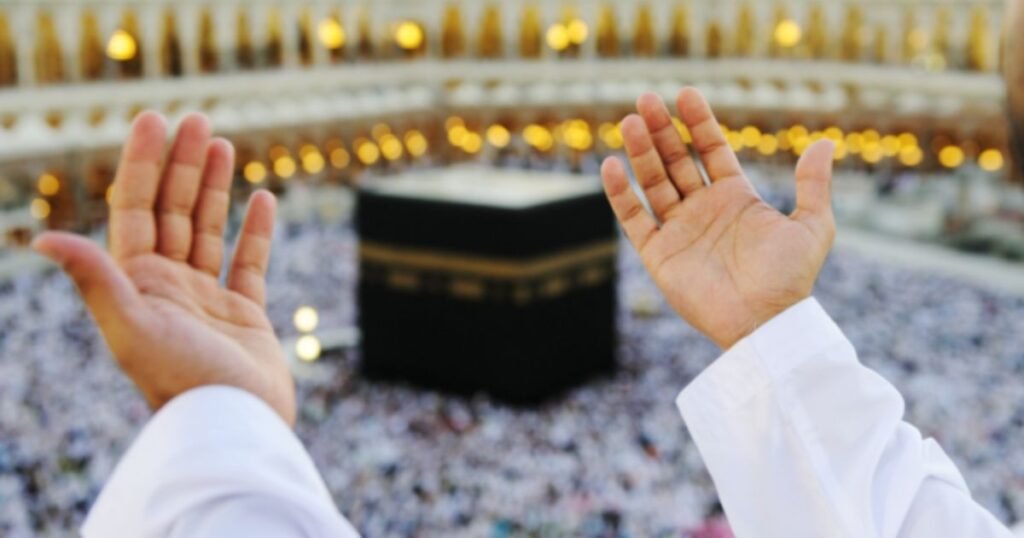
Interfaith Bridge: Promoting Understanding and Dialogue
In an era where misunderstandings about Islam abound, the Imami Islamic Center Mosque has taken a proactive role in fostering Imami Islamic Center Mosque interfaith dialogue and community relations.
Interfaith Initiatives:
- Open House Events: Regular tours and Q&A sessions for non-Muslim visitors.
- Interfaith Panels: Discussions featuring leaders from various religious traditions.
- Shared Meals: Inviting neighbours of all faiths to share in Ramadan iftars.
- Joint Charitable Projects: Collaborating with churches and synagogues on community service initiatives.
- Educational Outreach: Visits to schools and colleges to educate about Islam.
- Media Relations: Engaging with local Imami Islamic Center Mosque media to provide accurate information about Islamic practices and beliefs.
These efforts have not only improved the wider community’s understanding of Islam but also led to lasting friendships and partnerships across faith lines.
Cultural Diversity: A Mosaic of Muslim Traditions
The Imami Islamic Center Mosque prides itself on being a home for Muslims from diverse cultural backgrounds. This diversity is celebrated and reflected in various aspects of mosque life.
Celebrating Diversity:
- Multilingual Services: Sermons and classes are offered in multiple languages to cater to different linguistic groups.
- Cultural Exhibitions: Showcasing art, clothing, and artefacts from various Muslim cultures.
- International Food Festivals: Sharing culinary traditions from different Muslim-majority countries.
- Cultural Performance Nights: Featuring music, dance, and poetry from diverse Islamic traditions.
- Diversity Training: Workshops to promote understanding and respect among different Muslim ethnic groups.
This emphasis on inclusivity ensures Imami Islamic Center Mosque that the Imami Islamic Center Mosque remains a welcoming space for all Muslims, regardless of their cultural or national background.
Youth Engagement: Nurturing the Next Generation
Recognizing that young people are the future of the community, the Imami Islamic Center Mosque strongly emphasizes youth programs and engagement.
Youth-Focused Initiatives:
- Youth Council: A leadership body run by and for young mosque members.
- Sports Teams: Organized sports leagues promoting physical health and camaraderie.
- Arts and Media Club: Encouraging creative expression through various media.
- College Prep Program: Guidance on college applications, scholarships, and career planning.
- Youth Retreats: Spiritual and personal development camps.
- Peer Counseling: Training young people to support their peers through challenges.
- Social Media Team: Engaging youth in managing the mosque’s online presence.
- Environmental Club: Promoting ecological awareness and sustainable practices.
These programs aim to keep young Imami Islamic Center Mosque connected to their faith while also addressing their unique needs and interests Imami Islamic Center Mosque in a rapidly changing world.
Charitable Outreach: Serving Humanity
Charity (Zakat and Sadaqah) is a fundamental pillar of Islam, and the Imami Islamic Center Mosque takes this obligation seriously, engaging in numerous charitable initiatives.
Charitable Programs:
- Zakat Distribution: Collecting and distributing obligatory alms to those in need.
- Homeless Outreach: Regular meals and care packages for local homeless populations.
- Refugee Support: Assistance for newly arrived refugee families in the area.
- Disaster Relief: Mobilizing resources to aid victims of natural disasters, both locally and internationally.
- Educational Scholarships: Financial support for deserving students in the community.
- Medical Assistance Fund: Helping community Imami Islamic Center Mosque members with unexpected medical expenses.
- Ramadan Giving Campaign: Intensified charitable efforts during the holy month.
- Qurbani Program: Facilitating the ritual sacrifice and meat distribution during Eid al-Adha.
These charitable works Imami Islamic Center Mosque not only fulfil religious obligations but also strengthen the mosque’s role as a force for good in the broader community.
Technology and Innovation: A Modern Imami Islamic Center Mosque
While deeply rooted in tradition, the Imami Islamic Center Mosque embraces technology to enhance its services and reach.
Technological Implementations:
- Live Streaming: Broadcasting sermons and events for those unable to attend in person.
- Mobile App: Providing prayer times, event schedules, and educational content on smartphones.
- Smart Donation Kiosks: Facilitating easy and secure electronic donations.
- Digital Quran Displays: Large screens displaying Quranic verses and translations.
- Virtual Reality Tours: Allowing remote visitors to explore the mosque in 3D.
- Online Community Forum: A platform for discussion and connection among community members.
- Automated Wudu (Ablution) Stations: Touchless Imami Islamic Center Mosque facilities for ritual cleansing.
- Energy Management System: Smart technology to optimize energy use in the building.
These technological solutions help the mosque stay relevant and accessible in the digital age while also improving efficiency and sustainability.
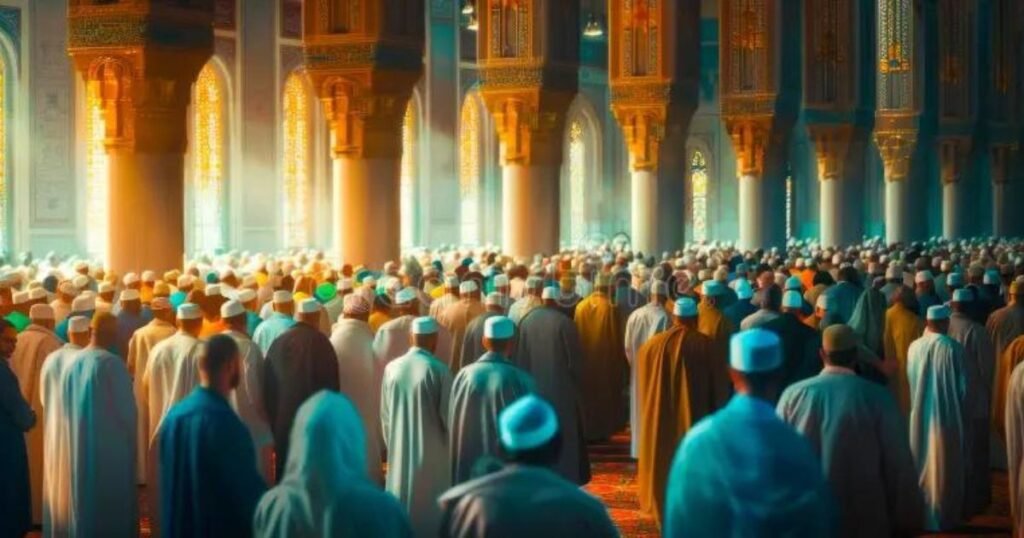
Challenges and Controversies: Navigating Complex Times
Like many religious institutions, the Imami Islamic Center Mosque has faced its share of challenges and controversies Imami Islamic Center Mosque over the years. These have included:
- Security Concerns: Implementing safety measures in response to threats and Islamophobic incidents.
- Parking and Traffic Issues: Addressing neighbourhood concerns about congestion during significant events.
- Ideological Debates: Navigating differences of opinion on religious interpretations within the community.
- Gender Equality Discussions: Addressing questions about women’s roles and spaces within the mosque.
- Financial Sustainability: Ensuring long-term Imami Islamic Center Mosque financial health through responsible management and fundraising.
The mosque leadership has approached these challenges with transparency, dialogue, and a commitment to finding solutions that respect both Islamic principles and the needs of the wider community.
Future Vision: Growing and Evolving
As the Imami Islamic Center Mosque looks to the future, several key areas of focus emerge:
- Expansion Plans: Acquiring adjacent property for future growth.
- Green Initiatives: Becoming a zero-waste, carbon-neutral facility.
- Digital Transformation: Enhancing online services and virtual community engagement.
- Leadership Development: Grooming the next generation of mosque leaders and imams.
- Community Integration: Deepening partnerships with local government, schools, and civic organizations.
- Global Outreach: Establishing sister mosque relationships with Islamic centres around the world.
- Research Center: Developing a think tank for Islamic studies and contemporary Muslim issues.
- Arts and Culture: Expanding programs to showcase Islamic art, music, and literature.
These forward-lookingImami Islamic Center Mosque initiatives aim to ensure that the mosque remains a vibrant, relevant, and impactful institution for generations to come.
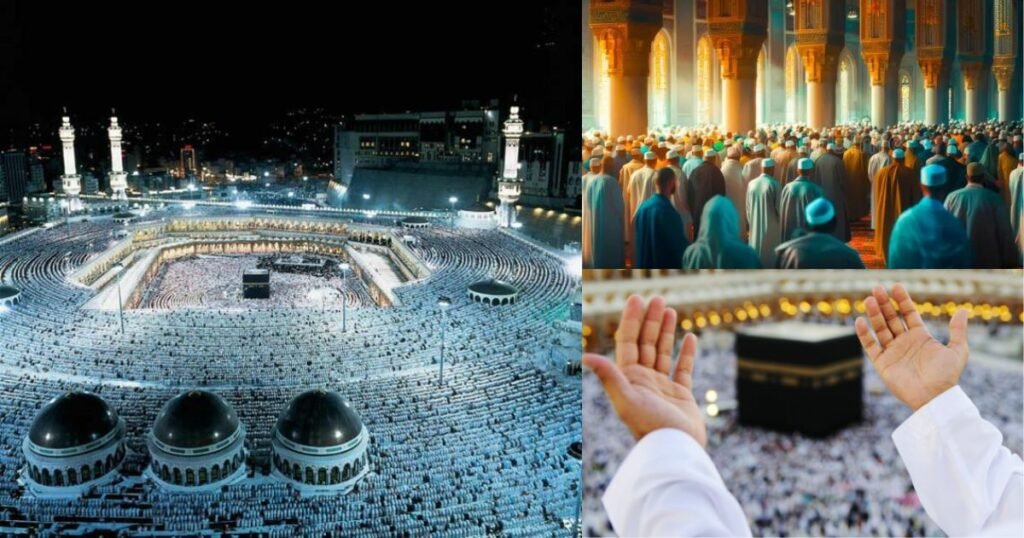
Conclusion
The Imami Islamic Center Mosque stands as a testament to the vibrant and multifaceted nature of Islamic faith and culture in the modern world. Far more than just a place of worship, it serves as a community hub, an educational centre, a charitable organization, and a bridge between diverse communities. Through its commitment to spiritual growth, education, social service, and interfaith dialogue, the mosque plays a vital role in the lives of its members and the broader community.
As it continues to evolve and adapt to changing Imami Islamic Center Mosque times, the Imami Islamic Center Mosque remains true to its core mission of fostering faith, understanding, and compassion. It stands as a beacon of hope.
Read More: Imami Islamic Center Mosque
Frequently Asked Questions (FAQs)
Q: Is the Imami Islamic Center Mosque open to non-Muslims?
A: Yes, the mosque welcomes visitors of all faiths for tours, educational programs, and interfaith events. We encourage those interested to contact us in advance to arrange a visit.
Q: What should I wear when visiting the mosque?
A: Modest dress is appreciated. For men, long pants and a shirt that covers the shoulders are recommended. For women, loose-fitting clothes that Imami Islamic Center Mosque cover arms and legs are recommended, and a headscarf is recommended but not mandatory for visitors.
Q: Do you offer programs in English?
A: Yes, many of our services and educationa Imami Islamic Centerl Mosque programs are conducted in English. We also offer translation services for major events.
Q: How can I support the mosque’s charitable initiatives?
A: We welcome donations of money, food, or volunteer time. You can contribute through our website, mobile app, or in person at the mosque.
Q: Are there separate prayer areas for men and women?
A: Yes, we have separate prayer halls for Imami Islamic Center Mosque men and women, as well as a family section where couples and families can pray together.
Q: Does the mosque perform weddings for non-Muslims or interfaith couples?
A: While we primarily serve the Muslim community, we are open to discussing exceptional circumstances. Please get in touch with our marriage services Imami Islamic Center Mosque department for more information.
Q: How can I learn more about Islam at the mosque?
A: We offer various educational programs, Imami Islamic Center Mosque including beginner’s classes, Q&A sessions, and a well-stocked library. Check our website or contact our education department for current offerings.
Q: Is parking available at the mosque?
A: Yes, we have a large parking lot with overflow parking arrangements for significant events. We also encourage carpooling and provide shuttle services from nearby public transit stations during busy times.
Q: How can I book the community hall for an event?
A: Our community hall is available for Imami Islamic Center Mosque member use. Please get in touch with our administrative office to check availability and discuss your event needs.
Q: Does the mosque offer funeral services?
A: Yes, we provide comprehensive funeral services Imami Islamic Center Mosque according to Islamic traditions, including preparation of the deceased, funeral prayers, and assistance with burial arrangements.





